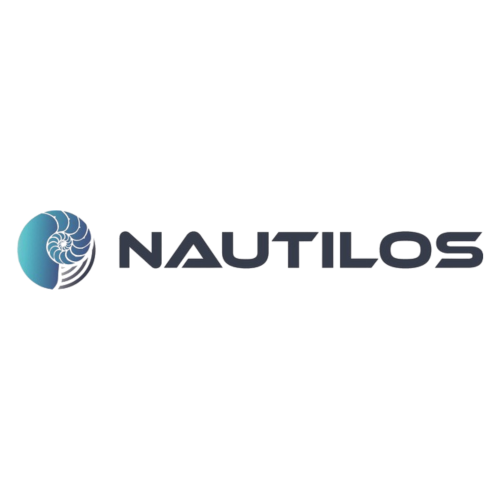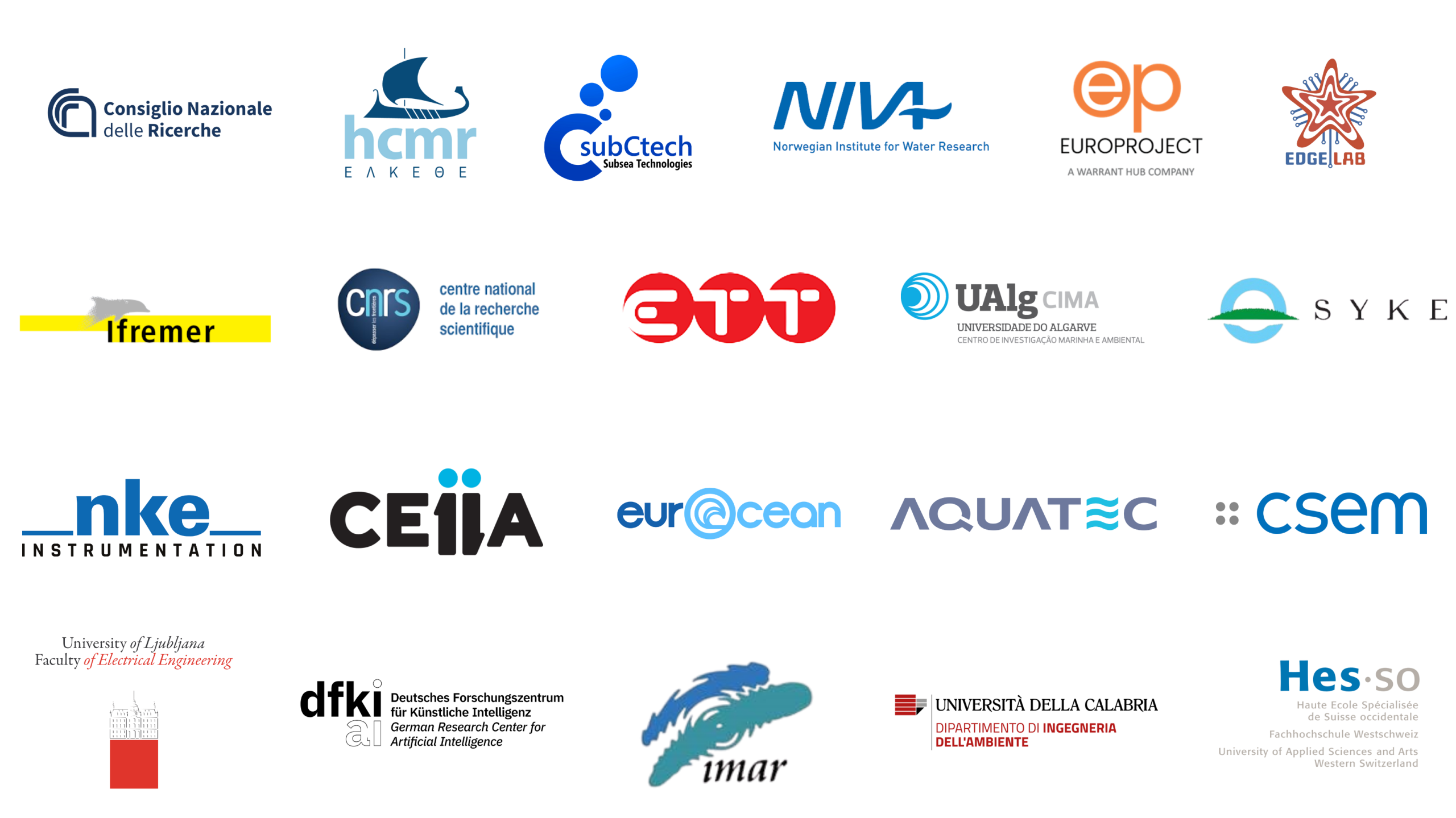New Approach to Underwater Technologies for Innovative, Low-cost Ocean obServation

This project aims to address gaps in marine observation and modeling concerning chemical, biological, and deep ocean physics variables. It seeks to achieve this by developing a new generation of cost-effective sensors and samplers, integrating these technologies into observation platforms, and deploying them in large-scale demonstrations across European seas.
The primary objective of NAUTILOS is to complement and enhance existing European observation tools and services, resulting in a dataset with higher spatial resolution, temporal regularity, and duration compared to current European standards. Additionally, the project aims to facilitate broader access to marine environment monitoring, catering to both traditional and non-traditional data users.
NAUTILOS will fill in existing marine observation and modelling gaps through the development of a new generation of cost effective sensors and samplers for physical (salinity, temperature), chemical (inorganic carbon, nutrients, oxygen), and biological (phytoplankton, zooplankton, marine mammals) essential ocean variables, in addition to micro-/nano-plastics, to improve our understanding of environmental change and anthropogenic impacts related to aquaculture, fisheries, and marine litter.
Newly developed marine technologies will be integrated with different observing platforms and deployed through the use of novel approaches in a broad range of key environmental settings (e.g. from shore to deep-sea deployments) and EU policy-relevant applications: – Fisheries & Aquaculture Observing Systems, – Platforms of Opportunity demonstrations, – Augmented Observing Systems demonstration, – Demonstrations on ARGO Platform – Animal-borne Instruments.
The fundamental aim of the project will be to complement and expand current European observation tools and services, to obtain a collection of data at a much higher spatial resolution and temporal regularity and length than currently available at the European scale, and to further enable and democratise the monitoring of the marine environment to both traditional and non-traditional data users. The principles that underlie the NAUTILOS project will be those of the development, integration, validation and demonstration of new cutting-edge technologies with regards to sensors, interoperability and embedding skills.
The development will always be guided by the objectives of scalability, modularity, cost-effectiveness and open-source availability of software and data products produced. NAUTILOS will also provide full and open data feed towards well established portals and data integrators (EMODnet, CMEMS, JERICO).
The integration phase of NAUTILOS is carried out through two approaches:
For the Nautilos project, Edgelab has tailored the U_Tracker® by adding a Fluorimeter and a passive broadband hydrophone, and has overseen the integration of platforms and sensors.

Funded by the European Union – HORIZON 2020
Project code: 101000825
Project cost: € 9.048.349,10
Project funding: € 9.048.349,10
Project duration: 57 months (01/01/2020 – 30/06/2025)
 This project has received funding from the European Union’s Horizon 2020 research and innovation programme under grant agreement No. 101000825 (NAUTILOS). This output reflects only the author’s view and the European Union cannot be held responsible for any use that mey be made of the information contained therein.
This project has received funding from the European Union’s Horizon 2020 research and innovation programme under grant agreement No. 101000825 (NAUTILOS). This output reflects only the author’s view and the European Union cannot be held responsible for any use that mey be made of the information contained therein.
Operating Unit:
Via Privata OTO, 10 – 19136 La Spezia (SP) – Italy
Copyright © 2025 EdgeLab S.p.A. – VAT number 01668200494 – All rights reserved.